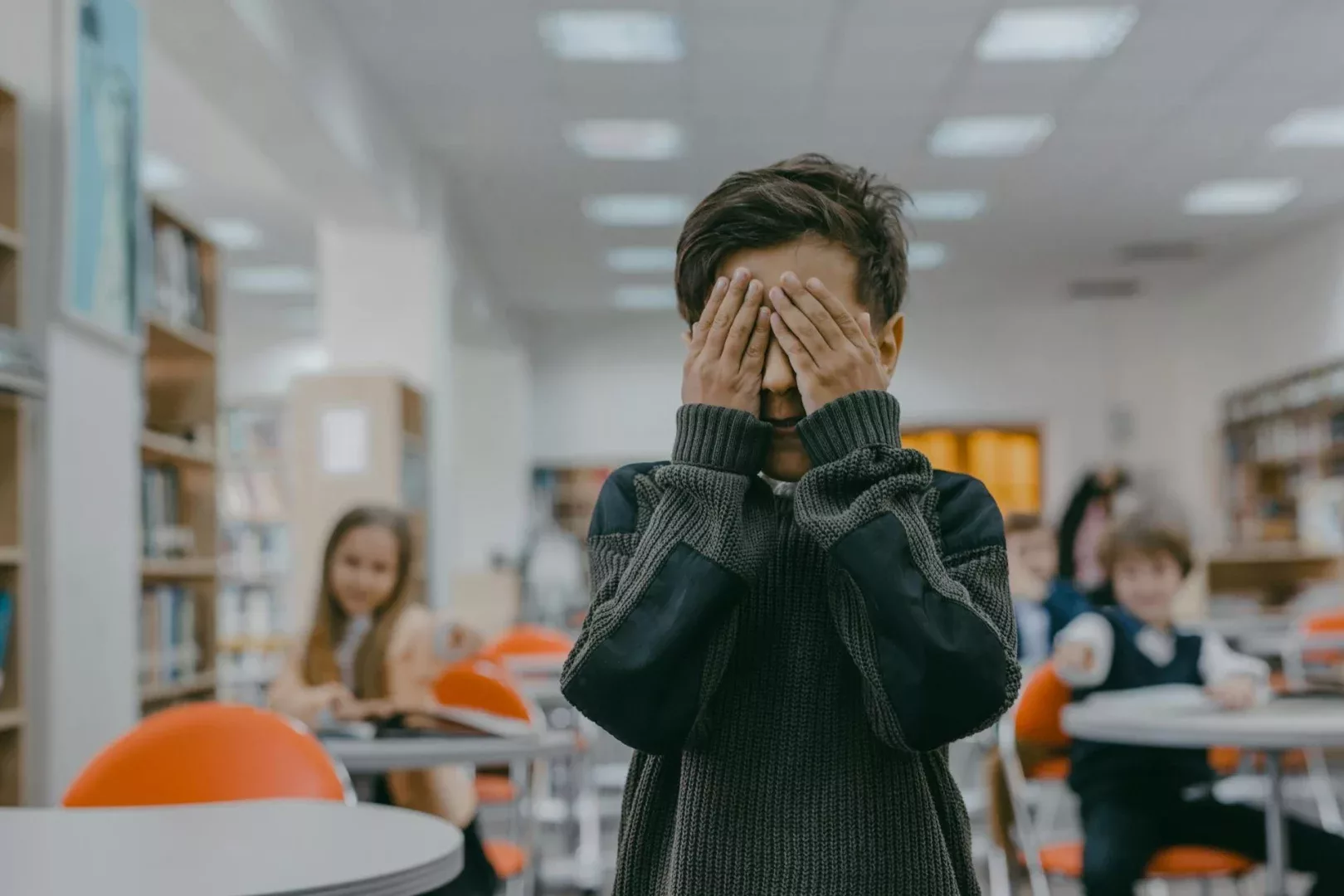Negative Effects of Divorce on Children – Explained
Have you ever wondered how divorce can affect children? At TheBostonDivorceLawyer, we understand the impact divorce can have on kids. Read on to learn about the negative effects of divorce on children and how we can help navigate these challenges.
As demonstrated by numerous studies, children of divorced parents are more likely to experience emotional distress, behavioral problems, and academic difficulties. These negative effects can impact their mental health and overall well-being throughout their lives.
Parental Conflict
I’ve learned that parental conflict can have a harmful impact on children, especially when it leads to divorce.
Keeping it real, when parents argue a lot, it can make home a stressful place. This often makes kids feel worried, insecure, and confused. They might think it’s their fault and feel stuck choosing sides.
Divorce can make things even harder. Kids may struggle to accept their parents’ split and the changes it brings. They might feel sad, lost, and abandoned. Their daily routines get messed up, and they worry about what’s coming next, which can be scary.
After a divorce, adjusting to new family setups can be tough.It seems that, kids may deal with new custody and living arrangements and changes in relationships with their parents and siblings. This can be overwhelming. They might also get stuck in the middle of their parents’ conflicts, feeling pressured to pick sides or keep secrets.
In short, fighting and divorce can deeply affect kids’ emotions, behavior, and relationships. It’s very important for parents to put their kids first and try to reduce the impact of their conflicts and divorce. This helps kids feel more supported, safe, and strong during these tough times.
Emotional Stress
From my experience, I’ve noticed that divorce can bring a lot of emotional stress for children.
Frankly, when parents separate, kids might feel sad, confused, and overwhelmed. These feelings can lead to anxiety, depression, and behavior issues. They may have a hard time getting used to new living arrangements and feel abandoned by one or both parents. The uncertainty and loss of a stable family can be very stressful for them.
Divorce can also affect how children get along with others. They might find it hard to trust people or maintain friendships. At school, they may have trouble concentrating, leading to poor grades. Some kids might act out, while others become very quiet, seeking attention in unhealthy ways.
All kidding aside, children may even think the divorce is their fault, leading to guilt and low self-esteem. They might keep their feelings inside and find it hard to talk about what they’re going through or ask for help. This emotional stress can affect how they grow emotionally and how they view relationships, which may impact them in the future.
Academic Performance
Carrying on from past thoughts, when my parents got divorced, I noticed that it had a negative impact on my academic performance.
Honestly, divorce can be tough on kids and make it hard for them to focus on school. They might feel stressed and sad about what’s happening in their family, which can affect their learning.
Money can also become tight after a divorce. This might mean kids miss out on things like after-school activities or tutoring that could help them do well in school.
Divorce can mess up a kid’s daily routine, too. So to speak, moving between homes, changing visitation schedules, or not having one parent around can make kids feel insecure, which can hurt their grades.
Dealing with a split family can also lead to behavior problems. Kids might act out in class, skip school, or lose interest in their studies because of the stress.
Behavioral Issues
Expanding on an earlier point i’ve learned that when parents go through a divorce, it can sometimes lead to behavioral issues in their children.
Basically, divorce can affect kids in many ways. They might act out, disobey, or become very quiet and sad. Some kids may show anger by yelling or hitting, while others struggle with changes in their daily lives, making it hard for them at school and with friends.
Some kids may become very attached to one parent and push the other away, which can make them feel guilty and confused about the new family setup. They might also feel lonely and left out as they try to understand that their parents are no longer together.
If you think about it, the stress from divorce can also cause physical problems like mood swings, stomach aches, and trouble sleeping. These issues can make their behavior worse, creating a cycle of stress and bad habits.
Relationship Problems
Thinking about past comments, sure, here’s a rewritten version from the first-person perspective: I’ve learned that when couples get divorced, it can really cause a lot of issues for their children.
When all is said and done, when parents get divorced, it can make kids feel sad, confused, and lonely. They might even think it’s their fault, which can hurt their self-esteem and make them anxious.
Kids of divorced parents might also find it hard to make and trust friends. This can make future relationships tricky for them. Some might act out to show how upset they are about the divorce.
The split can also mess with a child’s sense of stability. Moving between two homes and getting used to new routines can be tough. They might feel like they don’t have a steady home or dependable support, which can affect their school work and overall well-being.
Money can be tighter after a divorce, too. This can limit a child’s access to things they need and want. Adjusting to having less can be stressful for them.
Summary
As previously exemplified, the negative effects of divorce on children can be long-lasting and impactful. From emotional turmoil to academic struggles, the consequences of divorce can shape a child’s future in significant ways.
What TheBostonDivorceLawyers is showing the advantages of is, it is very important for parents to prioritize their children’s well-being during this challenging time and seek out support to mitigate these adverse outcomes.







